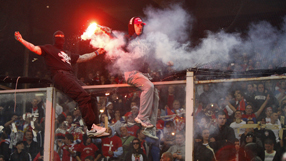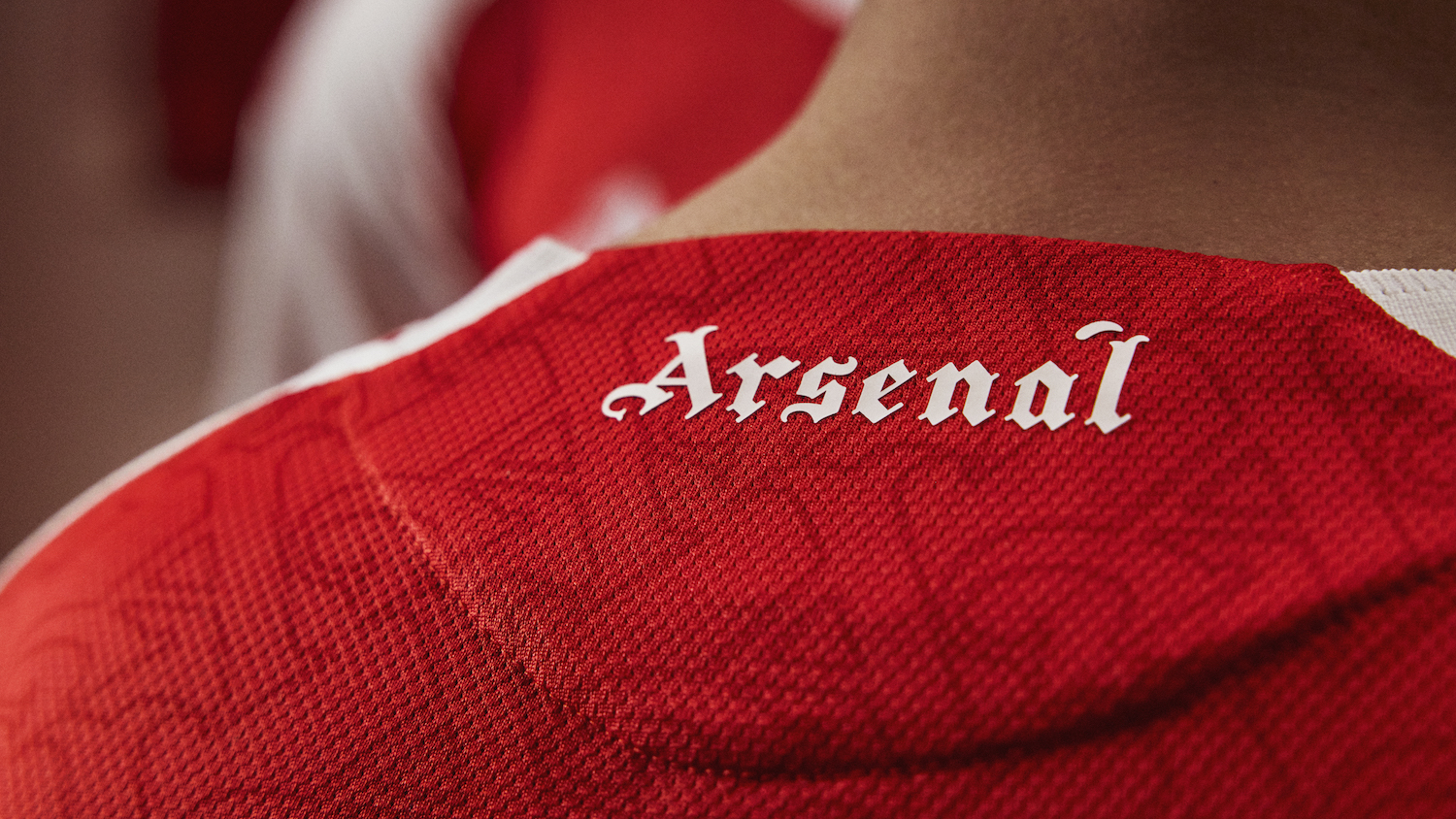
Platini met Serbian president Boris Tadic and told him the national team and domestic clubs would be expelled from Europe if the Balkan country's supporters continued to cause trouble, Tadic's press office said in a statement.
"Michel Platini told Serbia's president it was UEFA's position that the Serbian national team and the country's clubs would be expelled from all European competition if its hooligans continued with their violent and criminal behaviour," it said.
A similar warning was issued to Croatia whose capital Zagreb Platini briefly visited after Belgrade.
Platini told Croatia's President, Ivo Josipovic, that Croatia had one year to resolve the problem of football violence to avoid being banned from UEFA competitions, state news agency Hina reported.
The Croatian football federation and the country's top clubs have been sanctioned with heavy fines in recent years for fan trouble at home and abroad.
Platini's warning to Serbia follows a history of violence involving Serbian fans, most recently a riot in Genoa last October during the country's Euro 2012 Group C qualifier away to Italy.
Serbian supporters forced the game to be abandoned after six minutes when they threw flares at home players, fans and police at the Luigi Ferraris stadium, having attacked their own team bus before the kick-off.
The best features, fun and footballing quizzes, straight to your inbox every week.
Last month the ringleaders of Partizan Belgrade's ultras who beat to death a French fan ahead of the team's Europa League match with Ligue 1 side Toulouse in 2009 received sentences of up to 35 years each in prison.
VIOLENT PAST
Serbian football has been riddled with violence in the past 20 years with several people killed in fights between rival fan groups while hundreds have been seriously injured, mostly in Belgrade derbies between Partizan and Red Star.
In a country torn by political strife and international isolation in the 1990s, the culprits have often been able to get away unpunished or with lenient sentences.
Tadic said the government was trying to root out hooliganism to make sure riots like that in Genoa never happened again.
"We are aware that we have a problem with hooligans in Serbia and we are determined to crush hooliganism," he said.
"We will work closely with UEFA to make sure that incidents like the one in Genoa never happen again, because it was a disgrace for our country in general.
"We want to prove that we are a nation capable of supporting our national teams and clubs in a sportsmanlike spirit, so that sports venues can stop being war zones and once again be safe for parents and their children."
Italy were awarded a 3-0 walkover against Serbia, who were ordered to play two home games behind closed doors and not sell any tickets for their remaining Euro 2012 away qualifiers.
Serbia's next Group C home game is against Northern Ireland in Belgrade on March 25 and they visit Estonia four days later. They are second from bottom of the six-team standings with fo
 Join The Club
Join The Club





